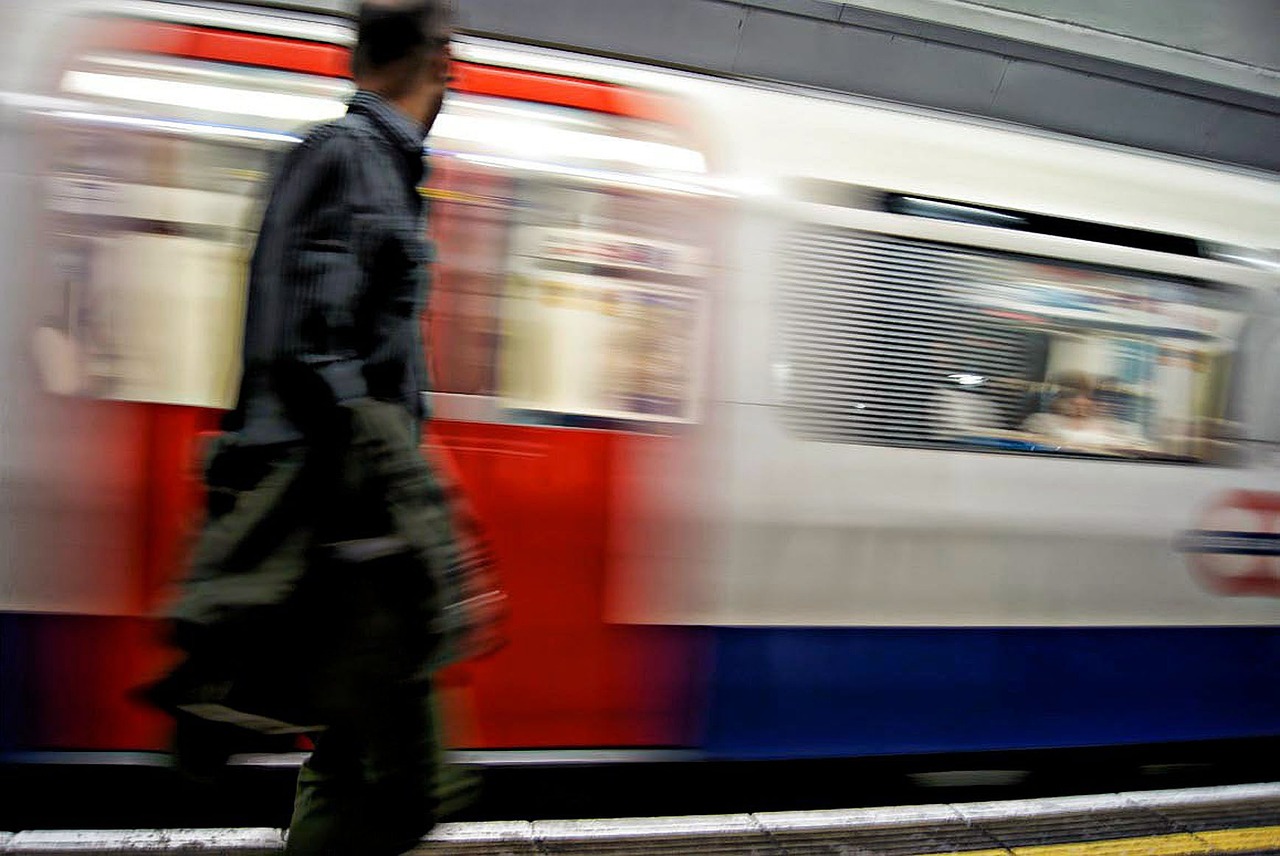City of York Council is weeks away from beginning the introduction of a new thermal-imaging-controlled system of traffic-light management, expected to help cyclists and save on communications costs.
The authority has announced that it will begin the introduction of the new sensors that can detect the “heat signature” of cyclists at around half of the city’s traffic lights and pedestrian crossings in May.
The technology – along with traffic-detecting cameras – will replace buried induction loops in place at lights-controlled junctions and crossings, and will be able to detect cyclists waiting at lights and increase the amount of “green time” provided by signals for them.
York said that the induction loops were unreliable and costly to maintain, and that many sites with loops could not provide “vehicle activated” traffic lights because they were no-longer able to detect traffic.
The thermal technology was first introduced by Transport for London last year, as part of mayor Boris Johnson’s Cycle Superhighways network.
Related content
Exeter unveils Big Data scheme to reduce traffic congestion
Blackpool launches £8m highways data framework
In a November report to councillors that recommended the new traffic-detection sensors, York transport officers said the introduction of new equipment at traffic signal sites would allow for the further rollout of communications based on the authority’s private fibre network, removing more sites from “costly BT provided communications solutions”.
Councillor Ian Gillies, the authority’s transport and planning lead, said the development was part of a £2.6m investment in the city’s traffic-management systems, and that the thermal-imaging technology would be installed at junctions used most frequently by cyclists.
“Investing now will help to bring our systems into the 21st Century, saving vital time spent otherwise on repairs and maintenance and more importantly saving money from the public purse,” he said.
“By investing in this cutting-edge equipment, it will help to keep York’s roads moving, improving journey reliability and the overall driving and commuter experience in York for future years.”
The city council said the total scheme cost included the replacement of traffic lights over five years and the introduction of new traffic-control cameras. It said £320,000 for the detector equipment had been allocated in the authority’s capital programme for 2015-16.



